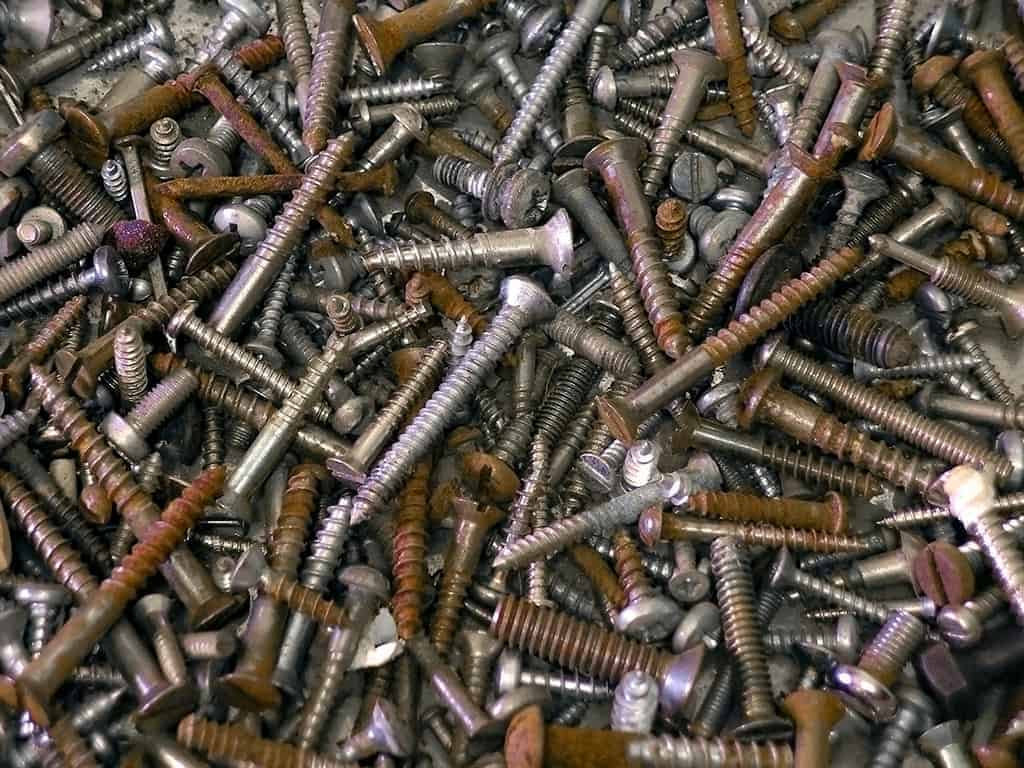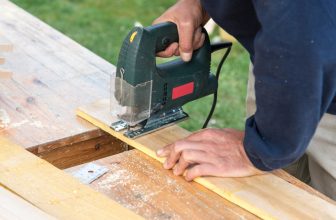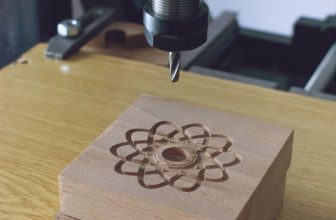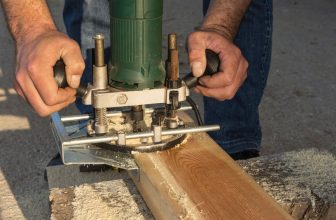Contents
This page covers some basic information about nails and bolts. The terminology for different types of nails and bolts varies from place to place but generally, the same nails and bolts are used for the same things.
General
There are many different types of nails and bolts, but we are just going to deal with the most commonly used nails and bolts used for most general woodworking or light building projects, in short, the types of nails or bolts most likely to be used in projects within this website.
Steel nails and bolts: For interior use. Commonly used for interior framing or structures or such projects that do not encounter damp or moist situations.
Galvanized nails and bolts: Steel nails and bolts that have been immersed in molten zinc to produce a coating of zinc-iron alloy enabling the nail or bolt to be used in exterior projects or projects that encounter damp or moist situations.
![]()
There are plenty of other type of nails such as aluminum, copper, silicon bronze, stainless steel etc. of which are usually purpose used for such woods or materials that may contain chemicals or additives that may corrode standard or galvanized nails. Stainless steel bolts are also used in extreme or corrosive conditions.
Nails
Common construction nails:
Most nails used for general construction are called common nails and are made of mild steel and have flat heads.
Nails are made in lengths from 13mm (1/2″) to 150mm (6″). Spikes are made in lengths from 100mm (4″) to 350mm (14″) and are of sturdier proportion than nails.
Finishing brads: Nails used for finishing work, furniture etc are sometimes referred to as ‘brads’, have a rounded head (brad head) for nail concealment and usually range in length from 20mm (3/4″) to 100mm (4″).
In Canada: nails are specified by the type and length and are still manufactured to Imperial dimensions. Diameter is specified by gauge number (British Imperial Standard) and is the same as the wire diameter used in manufacture.
In the U.S.: the length of nails is designated by “penny” abbreviated “d”. For example a twenty-penny nail (20d) has a length of four inches.
In Aust and NZ: nails are specified by the type and length and are manufactured to metric dimensions.
Bolts
The most common bolts used or referred to in projects within this website are coach/carriage bolts and hex bolts.
Coach/carriage bolts: are round headed bolts with square shoulders that resist rotation when located or driven into place. They can be called coach bolts or carriage bolts depending on which part of the world you live in. The head end of the bolt does not need a washer, but the other end of the bolt (the nut end) usually does.
Hex bolts: Hex bolts have a hexagonal shaped head (six sided) which enables a wrench or spanner to grip it. A washer is usually required at both ends of the bolt.







